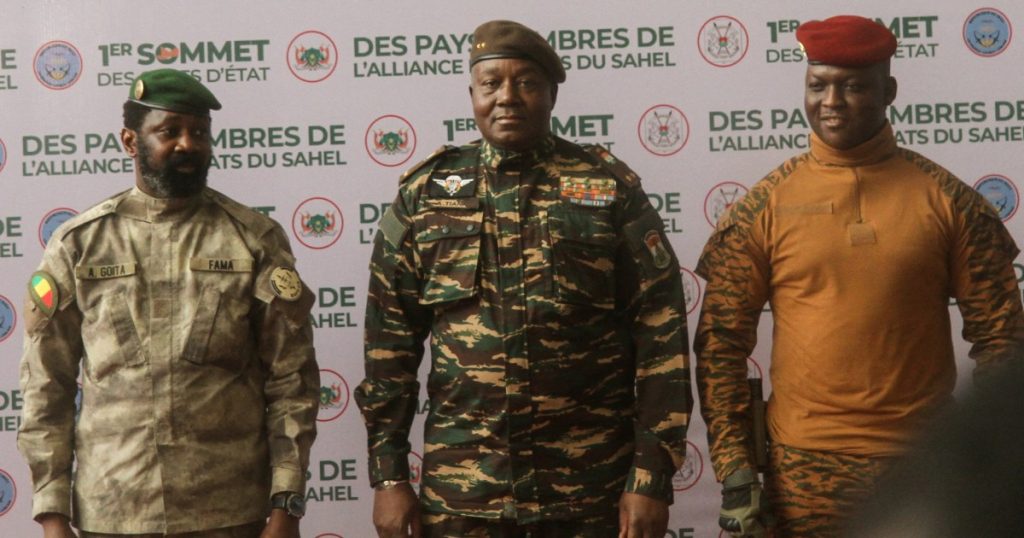In Mali, a group of soldiers staged a coup in August 2020, overthrowing President Aboubakar Keita amid accusations of corruption and failure to address armed rebellions in the country. This marked the end of eight years of political stability and led to a series of military takeovers in the region. The coup was followed by similar events in Guinea, Burkina Faso, Niger, and Gabon, leading to instability and insecurity across West and Central Africa.
After the initial coup in Mali, a power struggle ensued between military leaders and civilians in the newly formed transition government. This resulted in Colonel Assimi Goita assuming power and extending military rule until 2022. Subsequent coups and reshufflings of power in Guinea, Burkina Faso, and Niger further destabilized the region, with ongoing violence and territorial losses to armed groups.
The military takeovers in the region have been accompanied by a shift away from Western powers, particularly France, towards Russia for strategic support. However, this has not led to improved security, with rising violence levels and human rights violations being reported. The presence of Russian-backed mercenaries has raised concerns of wider conflicts and retaliation from other foreign powers operating in the region.
The failure of the regional body ECOWAS to effectively respond to the coups and address underlying issues such as president’s seeking third terms has been criticized as a contributing factor to the current crisis. The bloc’s lack of firm action and inconsistent responses have emboldened coup-makers and further destabilized the region. Efforts to mediate and resolve the situation have faced challenges, with splintering of the bloc and ongoing tensions between member states.
The situation in West and Central Africa continues to be volatile, with ongoing violence, power struggles, and a lack of effective governance contributing to instability. The region’s reliance on military interventions and shifting allegiances with foreign powers has not led to improved security or governance, with the focus shifting towards finding sustainable solutions to address the root causes of the crisis. Efforts to restore stability and democratic governance will require a coordinated and inclusive approach involving regional and international stakeholders.













